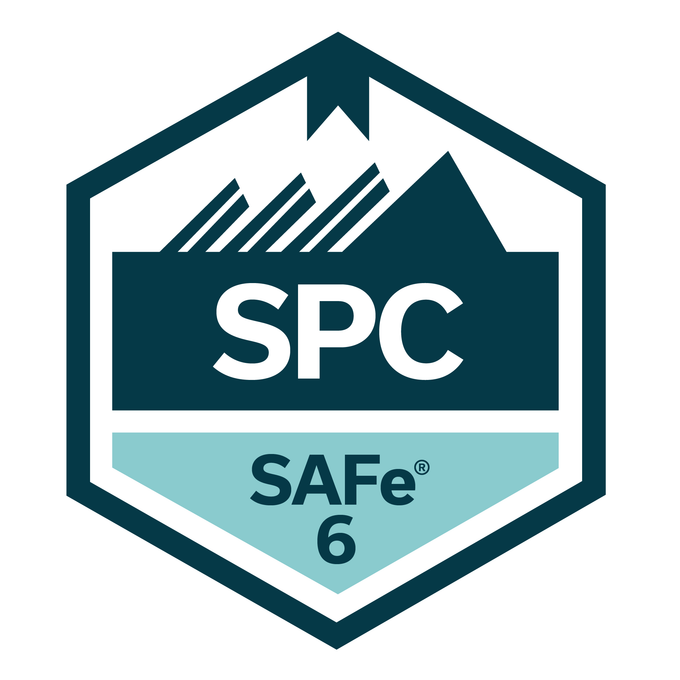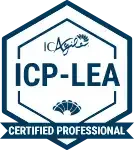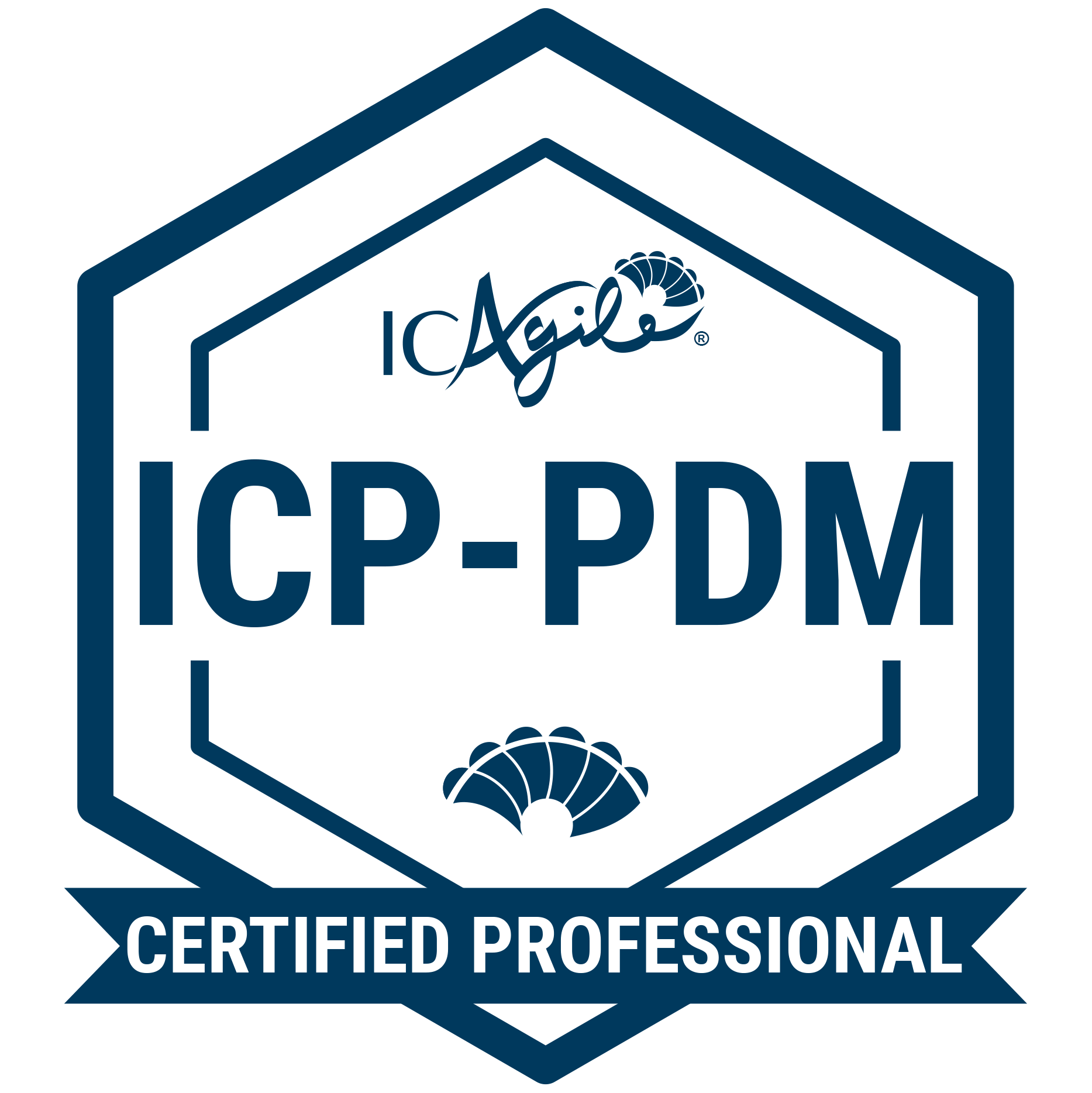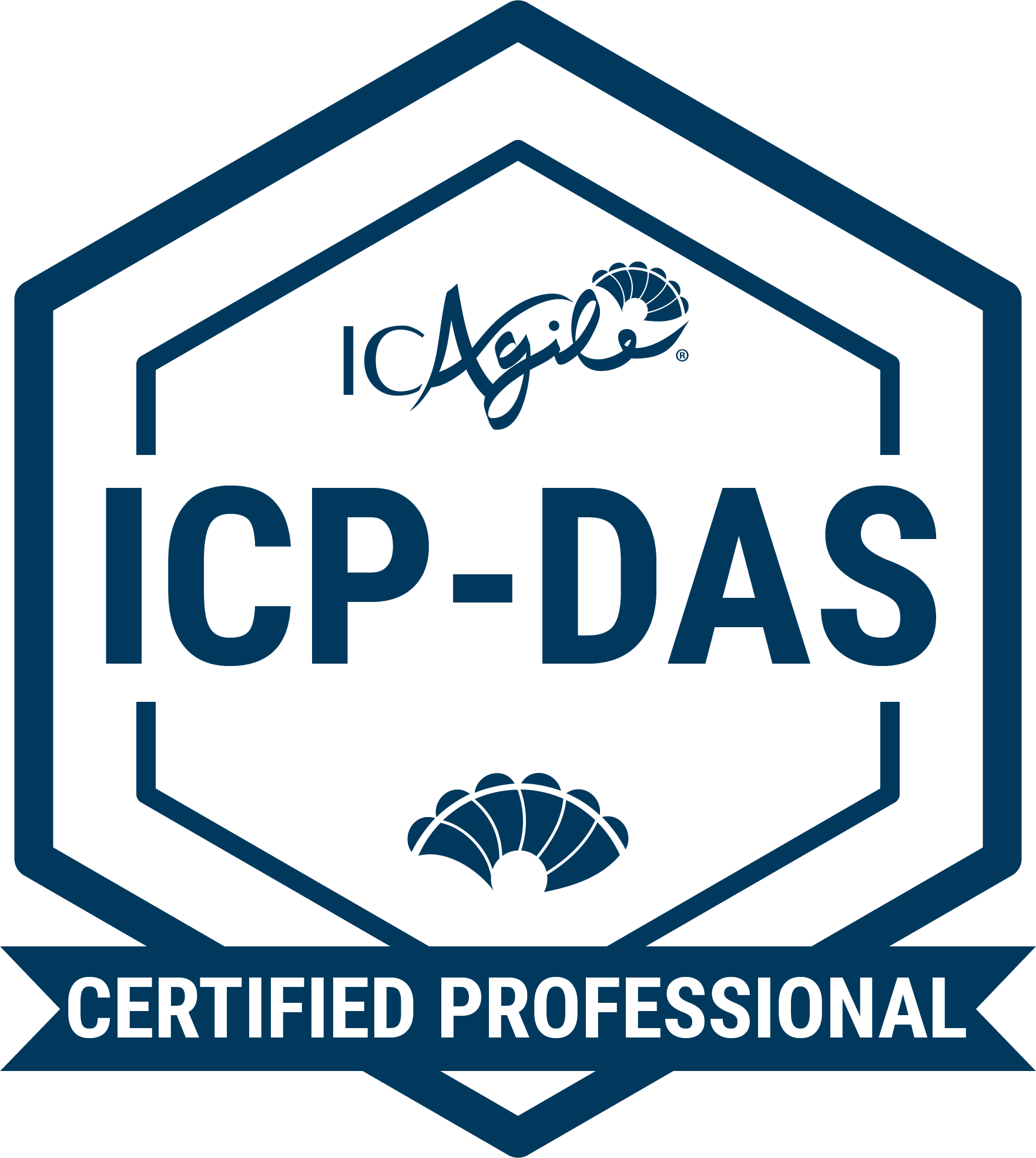What are Code Smells?
Code smells refer to certain patterns or structures in code that may indicate a deeper problem. They are not bugs in themselves, but they often suggest areas of the code that could be improved. Code smells can make the code harder to understand, maintain, or extend, and they may indicate potential bugs or inefficiencies.
There are various types of code smells, and they can manifest in different ways. Some common examples include:
- Duplicate Code: Repeated blocks of code throughout the codebase.
- Long Methods or Functions: Functions or methods that are too long, making them harder to understand and maintain.
- Large Classes or Modules: Classes or modules that have too many responsibilities, violating the Single Responsibility Principle.
- Primitive Obsession: Excessive use of primitive types (e.g., strings, integers) instead of creating domain-specific objects.
- Long Parameter Lists: Functions or methods with too many parameters, which can make them hard to use and understand.
- Conditional Complexity: Excessive use of nested conditionals, switch statements, or overly complex boolean logic.
- Feature Envy: A class that uses methods or properties of another class excessively, possibly indicating a design issue.
- Inappropriate Intimacy: Classes that are overly dependent on each other, violating encapsulation.
- Refused Bequest: Subclasses that inherit methods they don't need, leading to unnecessary complexity.
Identifying and addressing code smells early in the development process can lead to cleaner, more maintainable code. Code reviews, automated code analysis tools, and adherence to coding best practices can help in identifying and eliminating code smells.
Identifying and addressing code smells early in the development process can lead to cleaner, more maintainable code.
Code reviews, automated code analysis tools, and adherence to coding best practices can help in identifying and eliminating code smells.
Join, Agile30, our largest agile scrum community around the world, join us for free training, FAQ and quick coaching :- https://agilemania.com/































































































